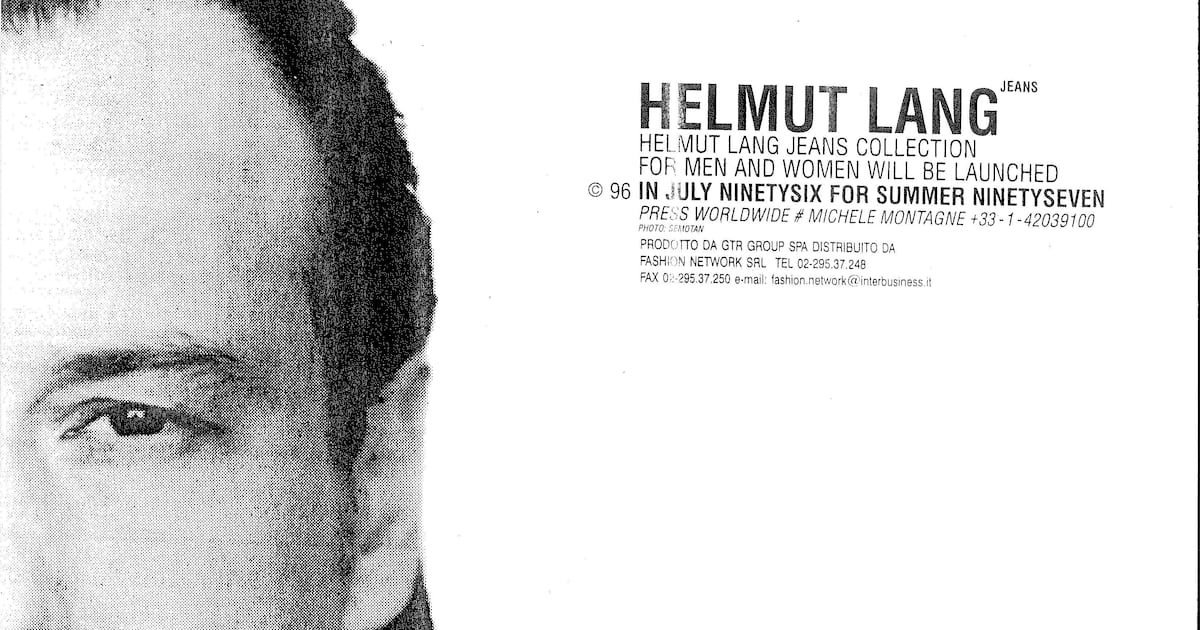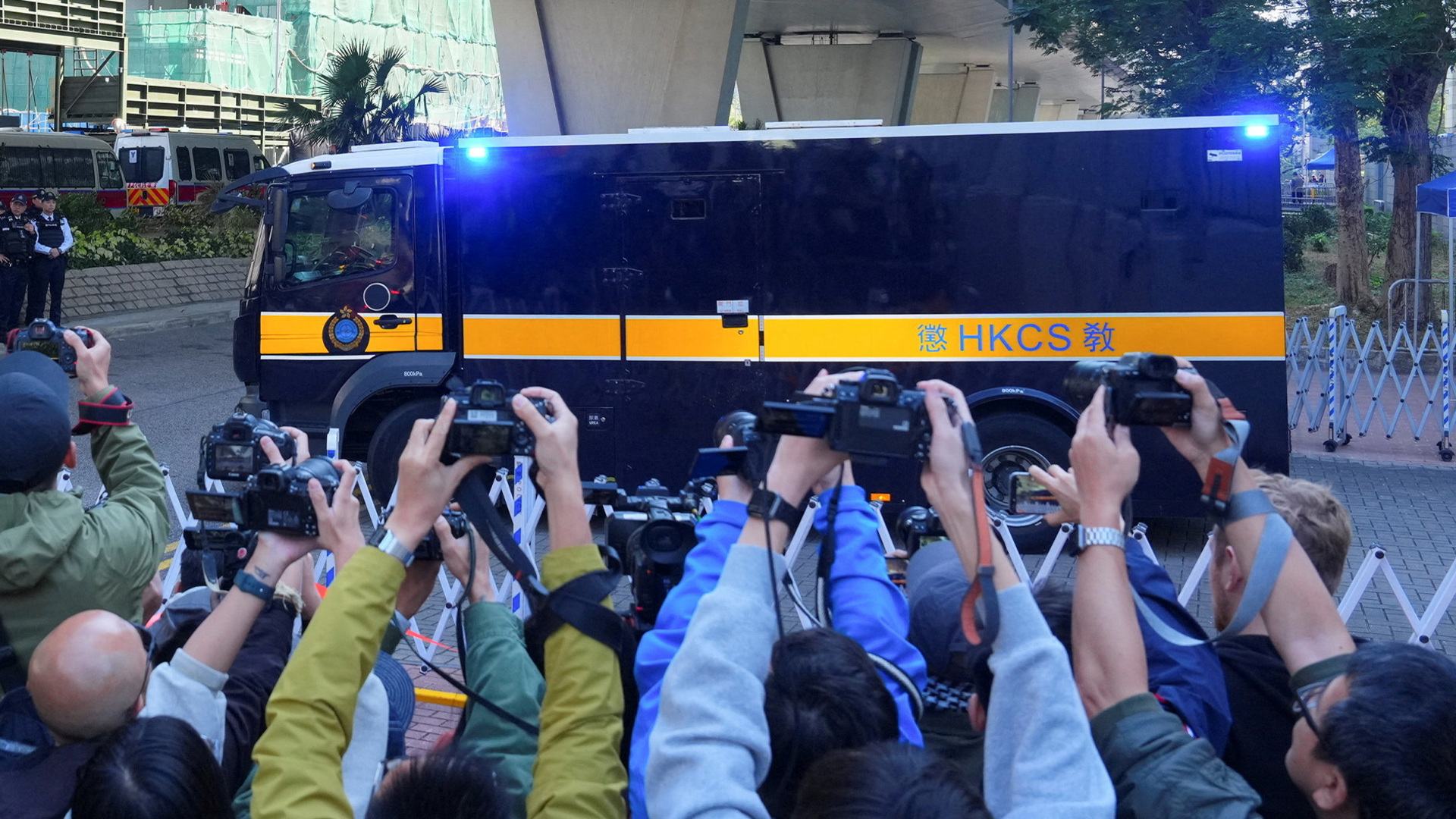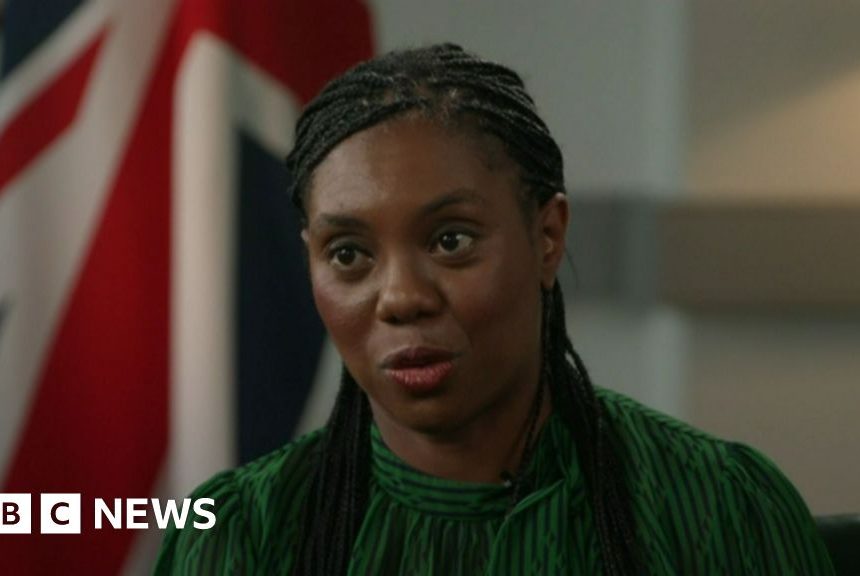The Metropolitan police has been lauded in some quarters for deciding that it will no longer investigate so-called non-crime hate incidents, in order to allow officers to “focus on matters that meet the threshold for criminal investigations”. Against the context of headlines describing the Met as the “thought police”, something was bound to give. “Goodbye and good riddance to ‘non-crime’” was one joyful take in the Spectator.
But make no mistake: this is a shortsighted, premature announcement. It threatens the victim-led approach to policing that resulted from the Macpherson inquiry, which followed the racist murder of Stephen Lawrence and egregious police failures. It’s bad for society, for vulnerable people in society and for policing.
The bar for illegal hate is high in the UK, and rightly so. Not every incident reported to the police is a crime, but it is right that people feel safe – especially when at their most vulnerable – and are encouraged to report what has happened. It is sensible that harm can be identified and extremism prevented. Too often in the debate about these non-crime incidents – bogged down in the trenches of the culture wars – the view of those they are there meant to protect is absent.
There are three principal ways in which police response to non-crime hate incidents benefits both the police and society. First, they can help protect vulnerable individuals. One tragic example is in the case of Fiona Pilkington, who killed herself and her severely disabled daughter Francesca Hardwick following a decade of torment by local youths. Though there were 33 incidents reported to the police, they targeted different members of Pilkington’s family at different locations, and the dots were not connected. Many of those incidents should have been recorded as non-crime hate incidents. The Independent Police Complaints Commission’s report found that the failure to consider the overall harm to the family prevented the interventions that could have protected them and prevented the tragedy.
The second benefit is that cumulative behaviours can be better understood and addressed. The case of two men prosecuted in 2009 under the Public Order Act for inciting racial hatred was not only important for establishing precedents about UK jurisdiction relating to online hate, but provides a good example of how a picture of racial incitement can be proved from individual posts that might not constitute illegal activity when considered in isolation.
The third benefit is that non-crime hate incidents form the backbone of intelligence that can assist in diagnosing harm, and failing integration. The Commission for Racial Equality once had local race equality councils and other bodies that could feed evidence of local tensions, particularly around elections, into a central knowledge bank. That function no longer exists. Non-crime hate incidents can help police to better understand and ultimately provide interventions to prevent scenes like those we have seen around migrant hotels.
Many arguments have been marshalled against non-crime hate incidents but they do not stand up to scrutiny. Fears are raised about data retention and disclosure, despite no known example being cited of the release of such information as part of any formal disclosure process. Critics say these incident types lead to a “chilling effect” on free expression, but the same critics express themselves freely – in parliament, in the media and elsewhere.
They cite the cases relating to police contact with Allison Pearson of the Daily Telegraph or the writer Graham Linehan, but in both instances, these were cases of alleged crimes, not non-crimes, and even then both investigations were dropped by police.
The police statement about its intention to drop non-crime hate incidents makes little sense. While these incidents won’t be investigated, they will – according to the force – still be recorded. However, in reality, they weren’t investigated anyway – there is no power of arrest in relation to a non-crime hate incident.
The fact is that if non-crime hate incidents are abolished, something will be required in their place. If the Crown Prosecution Service judges something not to be illegal, do we ignore it? Surely most people would wish to see the incidences of men dancing in celebration of the heinous 7 October attacks at least forming part of the intelligence picture. I fear without this approach, we will be gazing into a future of multiple public inquiries, exploring why action was not taken to prevent serious harm.
This is not to say that the reporting or handling of non-crime hate incidents doesn’t require reform, and that is why a review is taking place. To judge the outcome of that review before the investigation has concluded is premature, and the police pronouncement about its intention to stop investigating these incidents risks skewing the balance between genuine concerns relating to what form they take and the protection extended to the people who will pay the price of abolishing them. Look beyond the headlines, and think about them.
-
Danny Stone is chief executive of the Antisemitism Policy Trust
-
Do you have an opinion on the issues raised in this article? If you would like to submit a response of up to 300 words by email to be considered for publication in our letters section, please click here.


